Permission to photograph
One day on the basketball court downstairs, there were some clothes hung on makeshift hanging wires. I had almost finished a photo walk and wanted to spam the last few shots so I entered the court.
A few elderly people were standing there chatting. The clothes, with the help of strong wind, were flying like flags under the bright sunlight. As I pointed my camera at the clothes, I heard a voices.
One of the elderly women asked me, with translation of her companion, "What's so good about these clothes to photograph?" Those are the words but also the tones. At first I struggled to understand, so I stood there, but then I read the tones and said, defensively, "If you don't like me shooting, I'll not shoot." She repeated the same question. I repeated the same answer. Now the elderly people had encircled around me, including behind me, where the court exit is.
Her companion tried to defuse the situation: "We have not right to stop you from shooting. She was just asking what's there to shoot about these clothes."
I felt defensive and bitter, leaving the scene after dropping some passive aggressive words, again, "You don't like me shooting, I'll not shoot." And left.
I could have never know what they really meant. The words were permissive, the tone wasn't. I was encircled. They were persistent. It's just some clothes. They were not even in the frame.
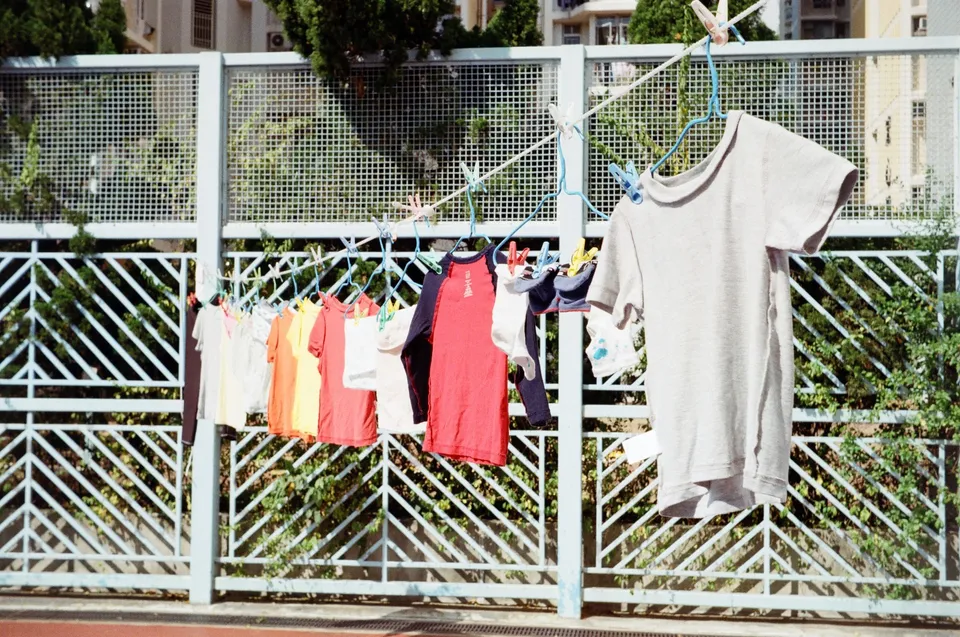
Like what one of the ladies said, at least in Hong Kong, they have no right to stop me from photographing those clothes. Therefore they resorted to "civil conversation".
I want to talk about the permission to shoot photo. Before moving on, I need to clarify that this is in no way legal advice. I am merely speaking from my experience. Don't quote me if you get caught.
The bottom line
Don't do anything illegal. You'll need permission, and you probably won't get it, and going ahead regardless will probably lead to criminal charges/civil lawsuits and permanent damage to your reputation if you, say, shoot under someone's skirt or shoot someone changing clothes.
You're not a perv aren't you?
And if shooting in a situation threatens your bodily safety, like dangerous animal, active crime scene, or someone could harm you simply because they don't like you photographing them, stay away, it's not worth it.
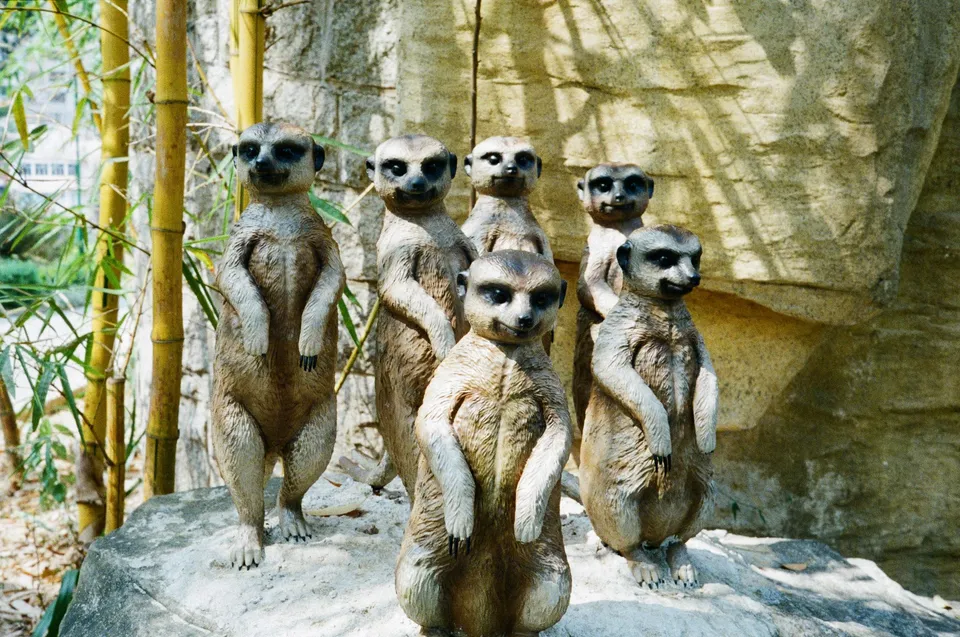
Some reporters photographed a riot and got away from the mob saying "It's history". But he's a reporter. And reporters often do get beaten up. Is it really worth risking for a random amateur?
To me, shooting people in their miseries crosses my bottom line. Even the "It's history" or "it's crime evidence" arguments won't fly. That just felt like bad taste to me.
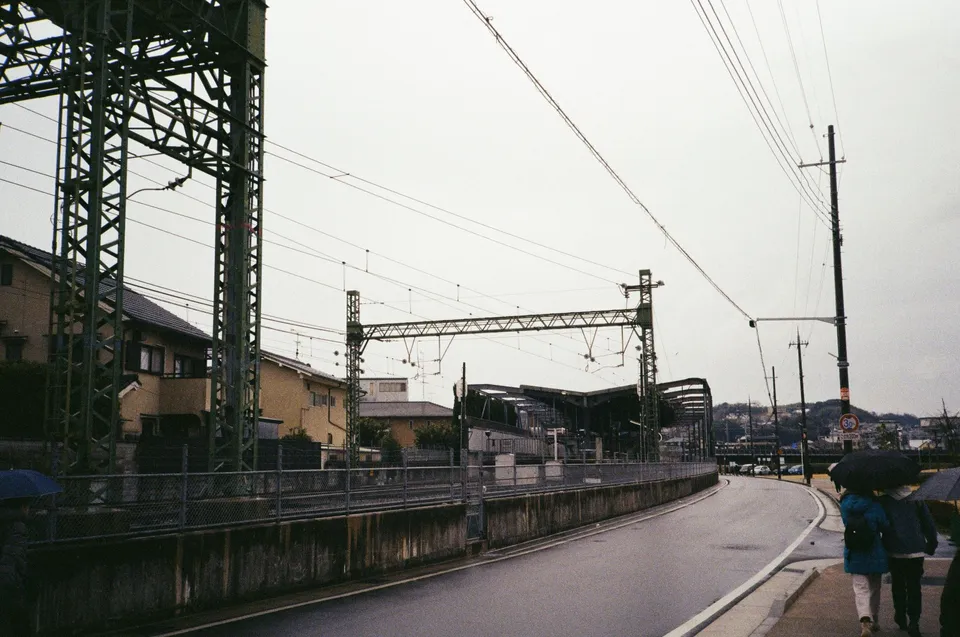
The red line
These are not like you can't, just maybe need explicit permission.
To join a competition or for commercial purpose, written permission (model release) from people portrayed in the photo is may be required (depending on the organizer though). Animals are not people.
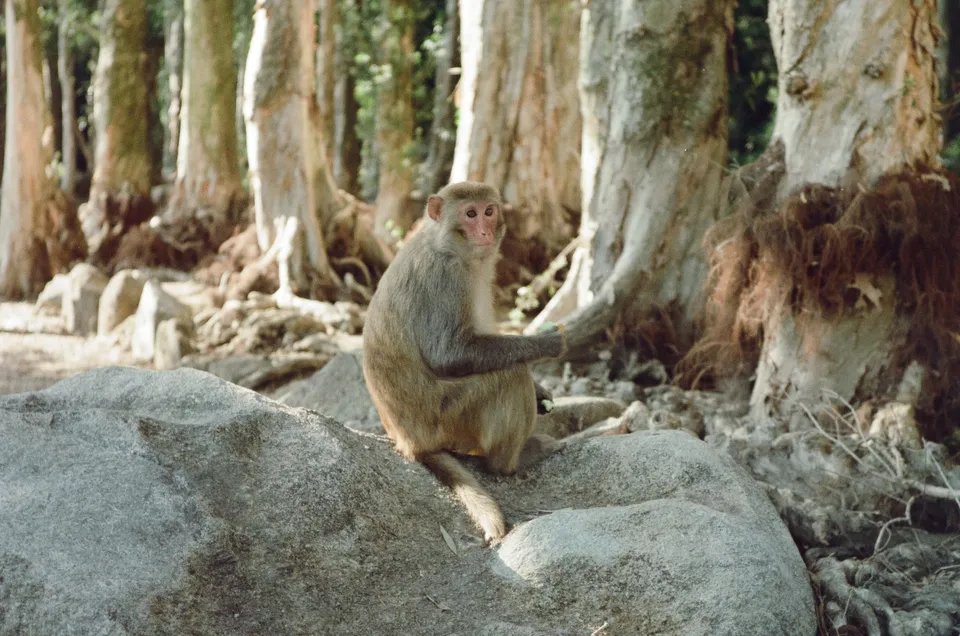
For shooting random people in public space, depending on the domicile, warrants different levels of protections to faces in public.
In Japan, I was surprised to find that my phone camera's shutter sound cannot be turned off once I landed in Japan. Maybe it's by law or something. Yes, that time in a resting room, I heard the phone shutter sound of that uncle shooting behind a young teenage girl loud and clear.
Culturally, the Japanese also tend to avoid being photographed in public places, often keeping their heads down or walked away. In different cultures, observe people's reaction and photograph respectfully. If they pretend the camera doesn't exist and walk right into the frame, it's probably fine.
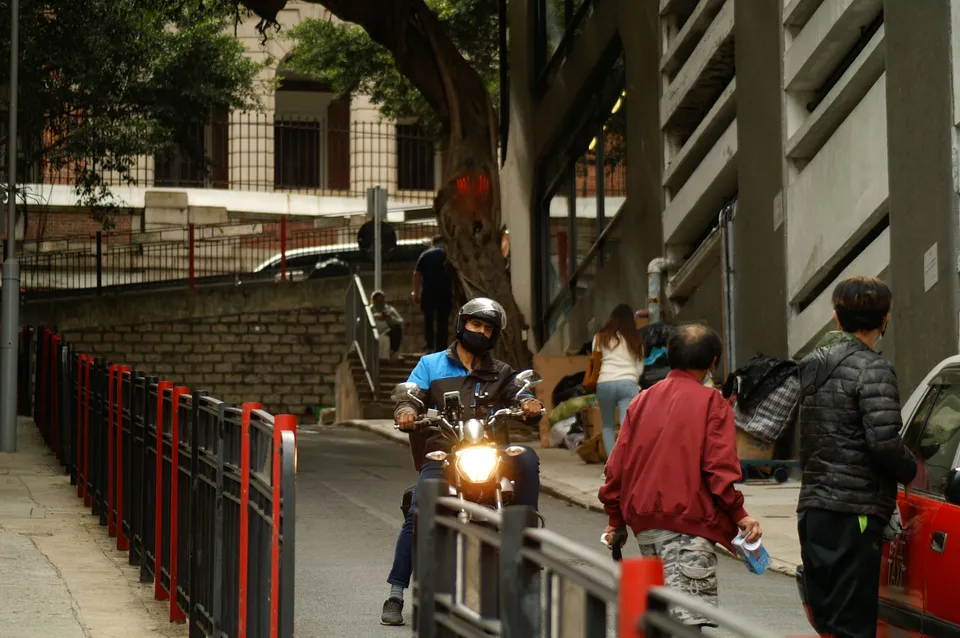
In places where privacy are reasonably expected, like toilet or changing room, or through a window into a private place, just don't, you perv.
Photographing military installations and faces of law enforcement officers warrant troubles, unless it's some open day, tourist attraction or exhibition.
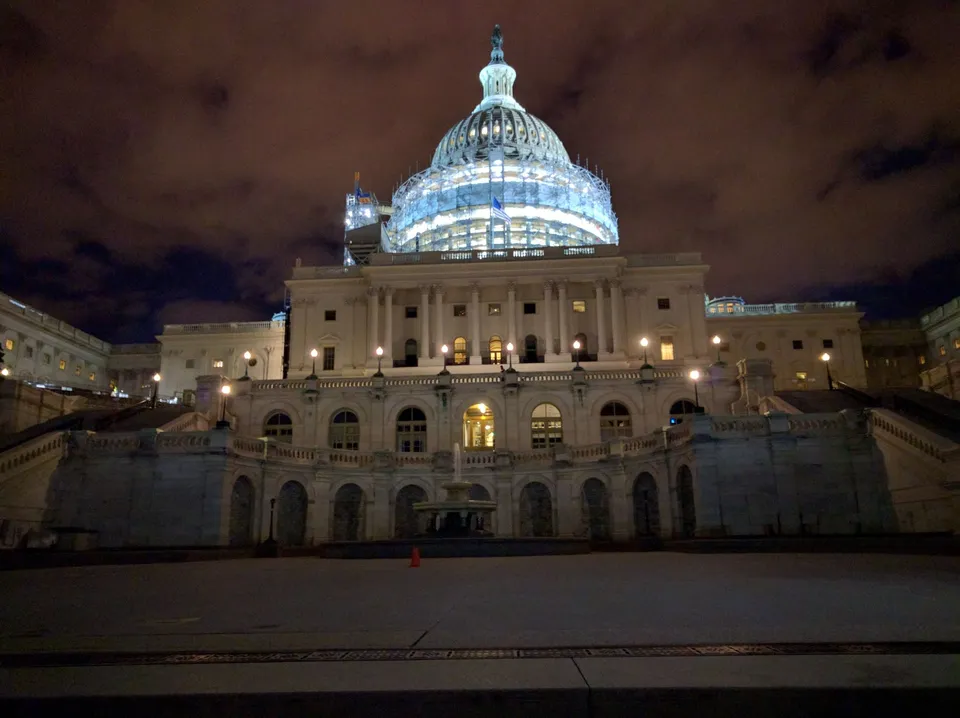
The gray area
There's this huge gray area between my red and green lines, where things are probably ok but I may feel comfortable shooting.
Anything that's generally bad taste, inflaming and disrespectful, like people in distress, pain, misery or embarrassing situation.
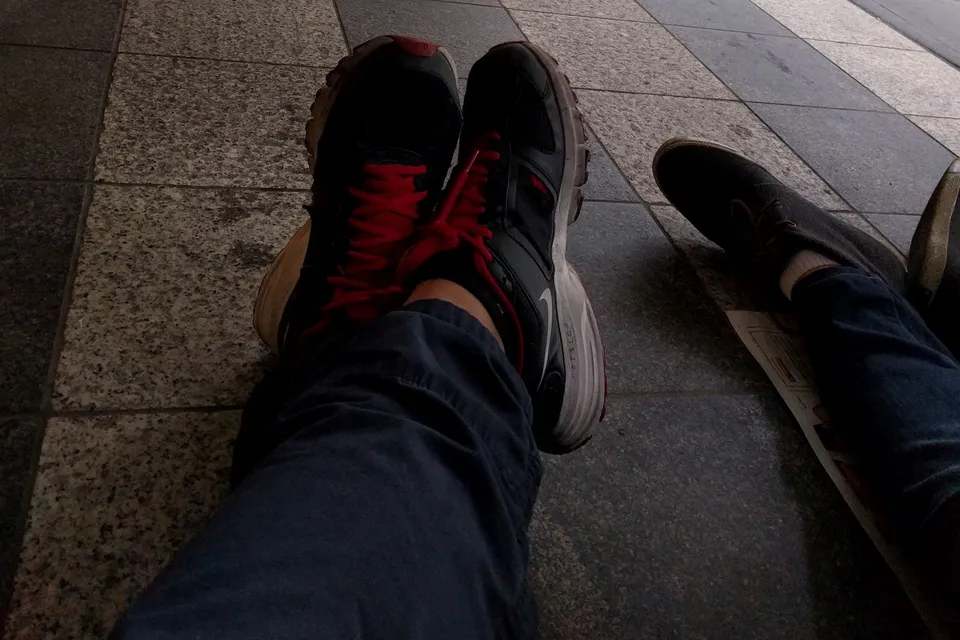
Shot focused on sexually suggestive areas, even if the person decided to expose those areas, that doesn't automatically grant permission for others to photograph them in such a suggestive way. Especially cosplayers whose costumes are usually slightly more exposed, for which I've always asked for their permission.

Socially awkward places to shoot like cemetery. Consider the Body Worlds exhibition in New York, where people donated their body after their death for the internals of their body to be exhibited.
It was an awe inspiring exhibition, but noisy tourists kept photographing with flash lights. I chose not to take any photographs there, but instead made notes about what I saw and felt. Nobody was stopping anyone from photographing the exhibits, I just didn't feel like it.
Invasion of personal space, such as in-the-face flashing that photographer Mark Cohen is famous for. While it works in capturing candid images, I'm not a fan of the practice.
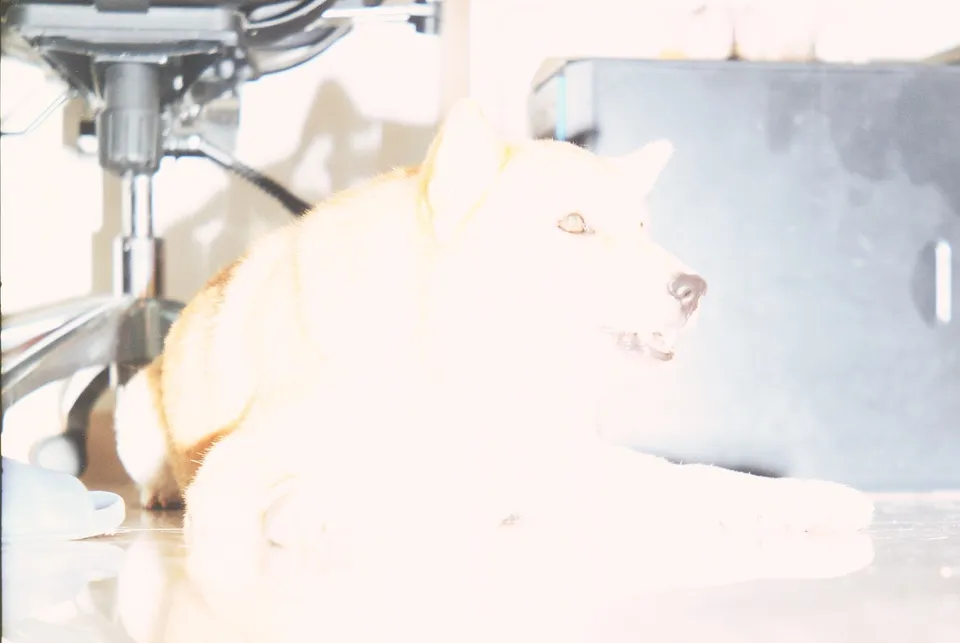
Sometimes people will find out, just when I raised my camera or pretend to be fiddling with it. It's embarrassing. Most people don't go out of their way to complain about it. I've only received two complains so far: one by a lady saying don't shoot photo of her, to which I replied "I wasn't even shooting you"; and another case someone came up to me saying she's gonna call the police, to which I replied: "I didn't even fire the shutter". Some people could probably shake the emotions off lightly, but these kind of things bother me so much it kills the mood of the day's shoot.
The green line
Usually I don't have to worry about these. I just go and shoot whatever I want.
And no, straying away from my comfort zone doesn't really increase the chance of taking good photo, for me at least.
Keep a distance. Use a zoom lens. Works most of the time. Many of my cameras are equipped with a lens with standard focal length, around 40-50mm full-frame equivalent, which puts a good distance between myself and the subject. Like mentioned above, I rarely face any protest.
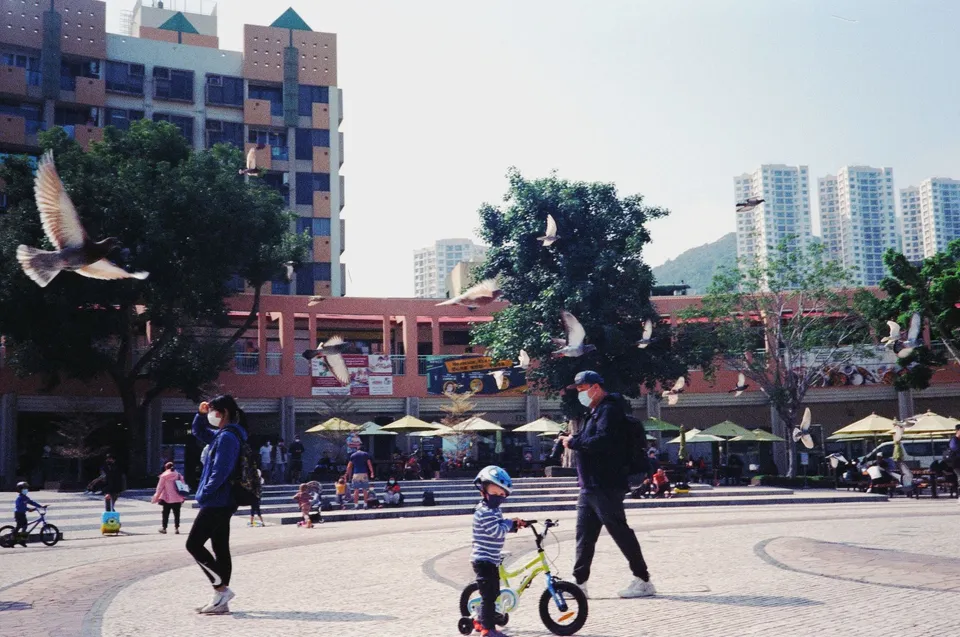
In public space, especially when there are many people, the scene is essentially ripe for people doing weird things which are good topics for photos. As there are many people, they are generally more permissive and comfortable with the presence of a camera, some often walk right into the scene even. By dressing like or simply being a tourists, it is easy to shoot photos comfortably.
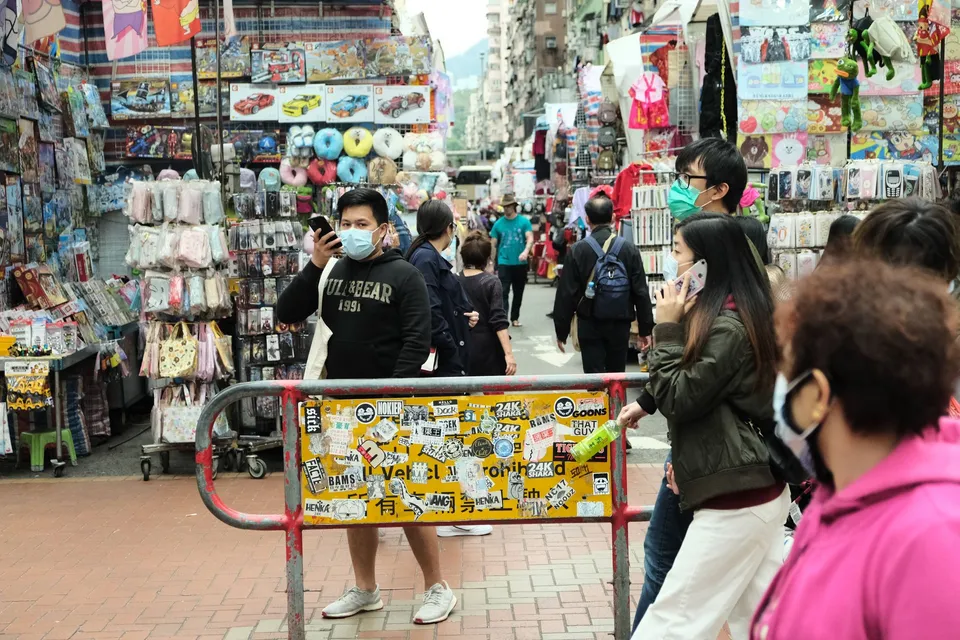
Landscape, plants and animals don't (can't) complain and doesn't require permission.
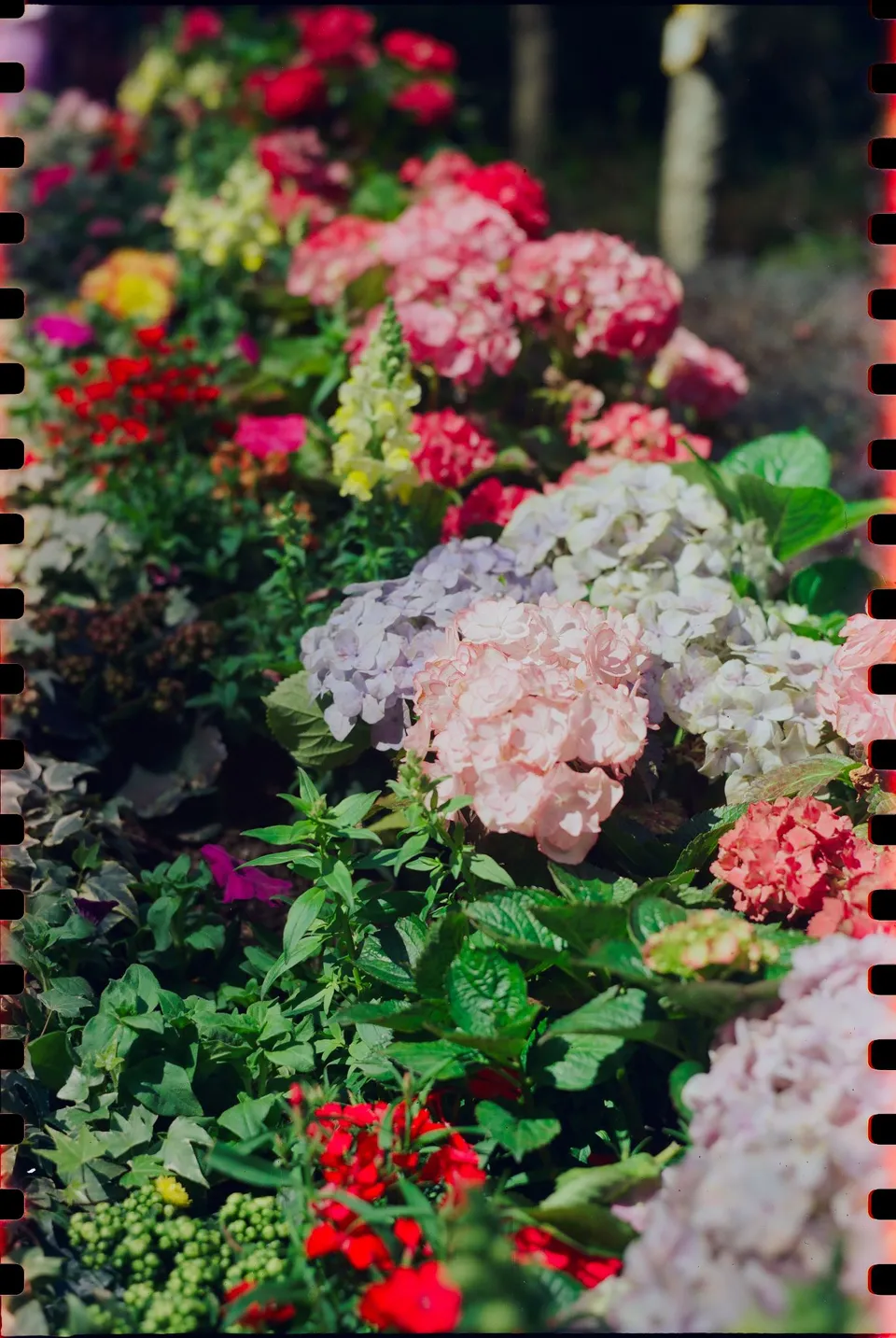
Do whatever you like
Again, everything I have mentioned above come from my personal experience and are probably legally inaccurate. I write them down for my own personal interest only. Do whatever you want, at your own risk.